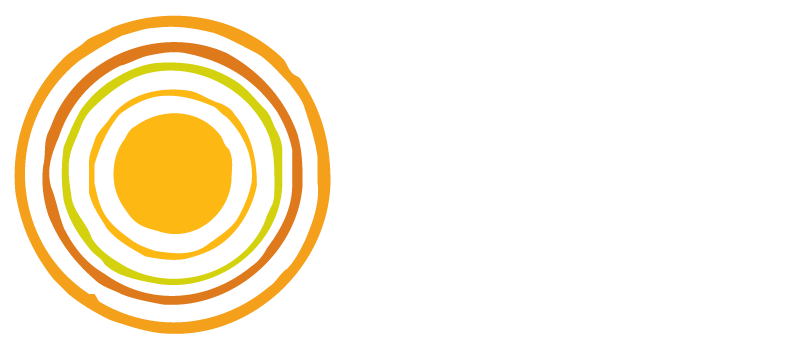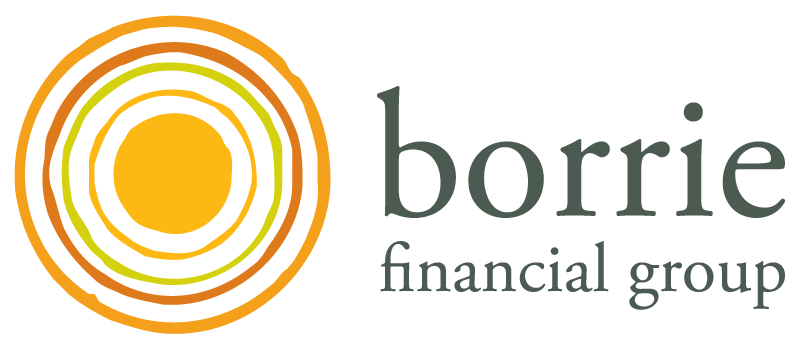
02 May Understanding Provisional Tax
Difficult to get right, expensive to get wrong. The cause of many head aches for New Zealand Business Owners.
Yes, we are talking about provisional tax.
If you are new to business or are about to pay provisional tax for the first time, the whole process can seem overwhelming and complicated. Even if you’ve been paying it for years it may still baffle you.
If you have any questions, or if your provisional tax is keeping you awake at night, please talk to us or read the next few pages. Improving your basic knowledge of provisional tax means you’ll have one less thing to worry about, and one less thing to worry about means you can get on with running your business.
When is Provisional Tax Due?
Provisional tax is due in three instalments, and the due date depends on when your end of year falls and if you are on a registered tax agency. Most NZ businesses have a 31 March balance date and therefore pay provisional tax on;
1st Instalment 28th August
2nd Instalment 15th January
3rd Instalment 7th May
If you’re a provisional tax payer, put these dates in your calendar and set a reminder to ensure they’re paid on time.
If you think you’ve missed a payment, please either talk to us or check your balance using your MYIR login.
What if I don’t pay on time?
Any tax payment, including provisional tax that is not paid on time will incur late payment penalties and interest. Depending on how late tax is paid, charges can be as much as 29% as with any tax issue, it’s important to prepare for it, and tackle it head on.
Help! I can’t pay my provisional tax!
For whatever reason, sometimes we just can’t pay tax on its due date. For some tax types, you can reduce the charges by making a payment arrangement with the IRD.
For Income Tax and Provisional Tax, Tax pooling and Tax financing can be a powerful solution to balance your cashflow. If you can’t pay your Income tax or provisional tax on it’s due date, talk to us as soon as possible, we can help you with solutions that will save you a lot of stress and money.
How is Provisional Tax Calculated?
The amount of provisional tax you pay is based on the provisional tax method you have chosen. There are four methods available, to calculate your payments. Standard uplift, estimation, GST ratio and the aim method.
Standard uplift is the most popular with our customers, in which case provisional tax is calculated based on the previous years profit. If the prior years tax return has not yet been completed and filed with the IRD, then the year previous will be used.
Help my income has changed… significantly.
If your income has changed significantly your provisional tax calculation is most likely wrong. If your profit has increased, you will be underpaying your provisional tax and will be left with a large end of year tax bill due in April. If income has reduced significantly, most likely you’re over paying your provisional tax.
If you have had a significant change in income since your last tax return was filed. Talk to us now.
Don’t know if your income has changed?
If you don’t know if your income has changed, then it’s really important you talk to us now. Understanding profit and your financial accounts is essential to succeeding in business.
Monthly profit and loss reporting, or at the very least quarterly profit and loss reporting for your business can really help you drive the growth you want to achieve, manage finances and avoid tax and financial stress.
If you have an accounting software subscription like xero, this is something you can easily do yourself each month. Talk to us to find out more.
Why am I a provisional tax payer?
Any tax payer – whether an individual, company or trust – who earns income, where tax is not deducted before it’s received may have to pay provisional tax.
You become a Provisional tax payer if the income tax due for the previous period (this is known as your residual income tax) was more than a certain level. In the 2020/2021 tax year, the provisional threshold level is $5,000.
Tell me more about tax pooling
Tax pooling is an IRD approved service that helps business’ make the right tax payments at the right time and save on IRD use of money interest (UOMI) and penalties. Interest rates are lower than borrowing from banks and don’t require the level of security than many do. It’s all about making your business run smoother.
Missed a Tax payment?
If you’ve missed or underpaid a tax payment you can use Tax Pooling to buy this back dated tax. Purchasing tax from the tax pool will help save up to 30% use of money interest and 100% of late payment penalties. Purchased tax needs to be transferred to the IRD within 75 days of your terminal tax due date.
Only income tax can be purchased to satisfy a tax liability for a current year.
- Save up to 29% over IRD use of money interest
- No minimum purchase amount
- Eliminate late payment penalties and use of money charges
- Flexible payment options to suit your cashflow and business priorities
Defer upcoming provisional tax?
Short on cash for upcoming tax payments or want an alternative source of funding?
Defer upcoming provisional tax payments and choose your repayment options.
- Tax financing is simple to organize with no security required
- Setting up a tax finance arrangement is often cheaper than purchasing it after
- Simply pay the interest up front and set a repayment schedule
If after reading this, provisional tax is still a foreign beast, talk to us. We can help you be proactive with your cashflow and meet your tax liabilities, in a fast, smooth and hassle free process. Contact us for a chat, zoom or meet to discuss.
Our ‘Understanding Provisional Tax’ not enough?
The better you understand your business and your financials, the easier it will be to make more money and ultimately achieve your goals. We have developed comprehensive resources to enable business owners to fully understand and interpret their numbers. Need more help? Join our free webinars on financial awareness coaching or talk to us about personalised financial awareness coaching. Contact Samantha for a call, zoom or meet on 06 871 0793.
Related Links:
Tips on Reducing Your Expenses
Feeling out of the loop? Click here to subscribe to the IRD to stay up to date.

